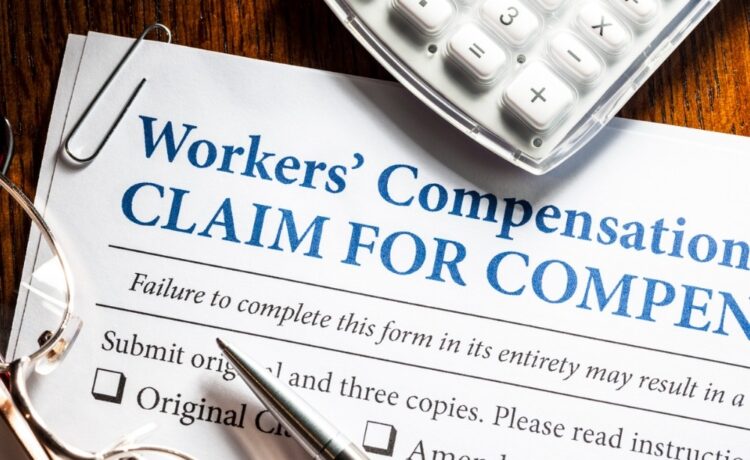The journey to receiving workers’ compensation benefits begins with filing a claim. Once you report your workplace injury to your employer, they should provide you with the necessary paperwork to initiate the process. Completing and submitting these forms promptly is crucial to avoid delays in receiving benefits. The workers compensation lawyers are adept at assisting employees with claims for injuries sustained in the workplace.
Initial Review: After receiving your claim, the workers’ compensation board or insurance company will conduct an initial review to assess its validity. This review typically involves verifying the details of your injury, including how it occurred and its impact on your ability to work. Depending on the complexity of your case and the workload of the agency, this initial review can take anywhere from a few days to several weeks.
Medical Evaluation: A critical step in the process is the medical evaluation of your injury. You may be required to undergo examinations by healthcare professionals designated by the workers’ compensation board or insurance company. These evaluations help determine the extent of your injury and its impact on your ability to work. The length of time it takes to schedule and complete these evaluations can vary depending on factors such as availability of healthcare providers and the complexity of your injury.
Decision on Benefits: Once all necessary documentation and evaluations are completed, the workers’ compensation board or insurance company will make a decision on your claim. This decision typically involves determining the amount and duration of benefits you are entitled to receive. While some straightforward cases may be resolved relatively quickly, others may require additional review and consideration, leading to longer processing times.
Appeals Process: In some cases, workers’ compensation claims may be denied initially, leading to an appeals process. If your claim is denied, you have the right to appeal the decision and present additional evidence to support your case. The appeals process can add significant time to the overall timeline for receiving benefits, as it involves hearings, reviews, and potentially further evaluations.
While the timeline for receiving workers’ compensation benefits can vary depending on various factors, including the complexity of your case and the efficiency of the administrative process, understanding the general steps involved can help manage expectations. By staying informed, proactive, and advocating for your rights, you can navigate the workers’ compensation process more effectively and secure the benefits you deserve. Expertise in workers’ compensation law equips workers compensation lawyers to advocate for fair treatment and compensation for injured workers.















